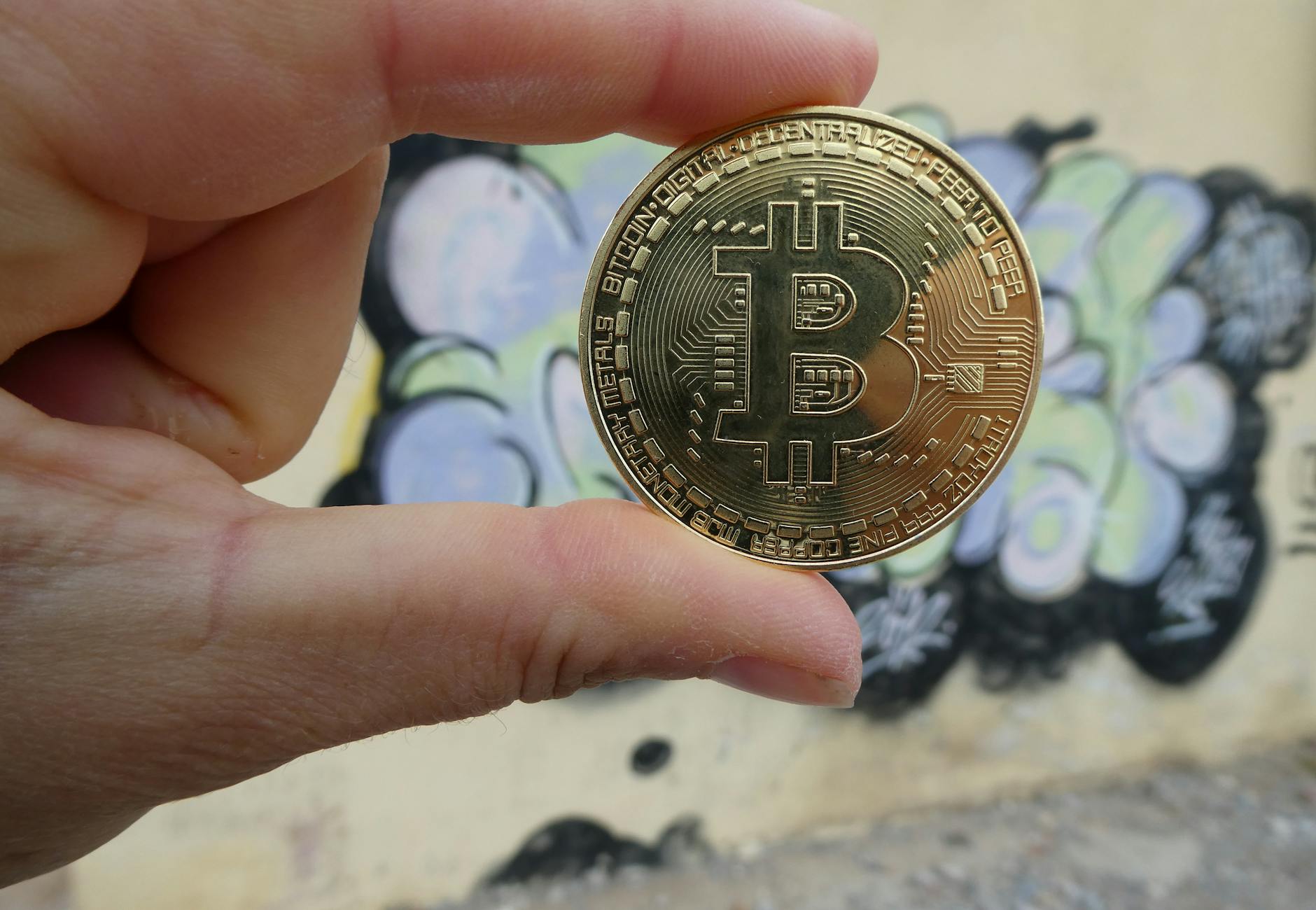Australia Cracks Down On Binance Exchange: AUSTRAC audit probes money laundering
- Get link
- X
- Other Apps

Australia Orders Audit of Binance Over AML Concerns: Investor Implications
📌 Event Background and Significance
🏢 Binance, the world's largest cryptocurrency exchange by trading volume, is facing increased regulatory scrutiny in Australia. This comes after similar challenges in the United States, where former CEO Changpeng Zhao (CZ) resigned amid money laundering allegations. The Australian Transaction Reports and Analysis Centre (AUSTRAC), the nation's financial intelligence agency, has mandated an external audit of Binance Australia due to "serious concerns" about its anti-money laundering (AML) and counter-terrorism financing (CTF) controls.
📜 This isn't the first time Binance has faced such issues. Founded in 2017, Binance rapidly grew, but also faced accusations of facilitating money laundering in multiple countries. CZ himself pleaded guilty to violating US anti-money laundering laws in late 2023, resulting in a four-month prison sentence in 2024. This historical context highlights a pattern of regulatory challenges for Binance as it navigates the complex global landscape of crypto regulation.
The current action by AUSTRAC underscores the ongoing global push for stricter compliance standards in the crypto industry. Past regulatory failures, often resulting from inadequate AML/CTF measures, have led to increased regulatory pressure worldwide. This is particularly critical now as the crypto market matures and becomes more integrated with traditional financial systems.
📊 Market Impact Analysis
🚀 The AUSTRAC audit is likely to have several short- and long-term effects on the crypto market. In the short term, the news could trigger increased volatility for Binance's native token, BNB, and potentially other altcoins as investors react to the uncertainty. While BNB recently hit an all-time high of $882, this audit may temper further gains.
Longer term, this event could lead to increased regulatory scrutiny of other crypto exchanges operating in Australia and globally. This increased scrutiny may drive up compliance costs for exchanges, potentially impacting profitability and market structure. Investors may also see a shift in sentiment, with a greater emphasis on exchanges that prioritize regulatory compliance and transparency.
⚖️ Specific sectors like stablecoins and DeFi might also be affected. Stricter AML/CTF controls could impact the flow of funds into DeFi protocols, potentially slowing down growth in that sector. Similarly, stablecoin issuers may face increased pressure to demonstrate robust compliance measures. The NFT market, although not directly affected by the audit, could see indirect impacts as overall market sentiment shifts.
📌 Key Stakeholders’ Positions
Several key stakeholders are involved in this situation, each with their own perspectives:
| Stakeholder | Position | Impact on Investors |
|---|---|---|
| AUSTRAC | ⚖️ Enforcing AML/CTF regulations, ensuring compliance. | ⚖️ 📈 Increased security, but potentially reduced access to certain services. |
| Binance | Committed to compliance, cooperating with regulators. | Potential short-term uncertainty, but long-term stability if compliant. |
| Lawmakers | Seeking to create a clear regulatory framework for crypto. | ⚖️ 📈 Increased clarity and security, but potential for stricter regulations. |
⚖️ AUSTRAC, led by chief executive Brendan Thomas, emphasizes the need for robust customer identification, due diligence, and transaction monitoring. Binance, through general manager Matt Poblocki, has stated its commitment to engaging openly and transparently with AUSTRAC. Lawmakers are likely to use this situation as a case study to inform future crypto regulations. For investors, this means navigating a shifting landscape where regulatory compliance is becoming increasingly important.
🔮 Future Outlook
📜 Looking ahead, the crypto market and regulatory environment are likely to evolve significantly. We can expect to see more stringent AML/CTF regulations being implemented globally. This could lead to consolidation in the crypto exchange market, with larger, more compliant exchanges gaining market share. Smaller exchanges that struggle to meet regulatory requirements may face difficulties.
Potential opportunities for investors may arise in projects and exchanges that prioritize compliance and transparency. These entities are more likely to thrive in a regulated environment. Conversely, risks may increase for investments in projects with opaque operations or weak compliance measures. Investors should carefully assess the regulatory compliance of any crypto project before investing.
📌 🔑 Key Takeaways
- AUSTRAC's audit of Binance highlights the increasing regulatory scrutiny of crypto exchanges globally, potentially leading to increased compliance costs and market consolidation.
- The audit could trigger short-term volatility for Binance's BNB token and the broader altcoin market. Investors should prepare for potential price swings.
- Stricter AML/CTF controls may impact the DeFi sector, potentially slowing down growth. Investors should monitor the regulatory landscape and adapt their strategies accordingly.
- Projects and exchanges prioritizing compliance and transparency are more likely to thrive in the long term. Investors should focus on these entities.
The situation with Binance and AUSTRAC signals a broader trend: the era of "Wild West" crypto is definitively over. While BNB's recent all-time high might suggest immunity, I believe the audit's long-term impact will be substantial, reshaping market dynamics. We'll likely see a flight to quality, with capital flowing towards exchanges and projects that proactively embrace regulatory compliance, creating a new premium for transparency and responsible operation. Consider the parallels to the early days of the internet, when initial chaos gave way to structured governance and established players. Just as Amazon and Google emerged as dominant forces, we should expect a similar sorting out in the crypto space. Furthermore, the AUSTRAC action may act as a catalyst, accelerating the implementation of comprehensive crypto regulations across G20 nations within the next 18-24 months.
- Evaluate the regulatory compliance of crypto exchanges and projects in your portfolio, focusing on those with proactive AML/CTF measures.
- Monitor BNB price action closely for volatility spikes and potential corrections following the AUSTRAC audit news.
- Research and consider diversifying into alternative Layer-1 blockchains that demonstrate a commitment to regulatory compliance and sustainable growth.
⚖️ AML/CTF: Anti-Money Laundering (AML) and Counter-Terrorism Financing (CTF) refers to a set of laws, regulations, and procedures intended to prevent criminals from disguising illegally obtained funds as legitimate income and to combat funding for terrorist activities.
— Warren Buffett
Crypto Market Pulse
August 23, 2025, 05:10 UTC
Data from CoinGecko
This post builds upon insights from the original news article, offering additional context and analysis. For more details, you can access the original article here.
